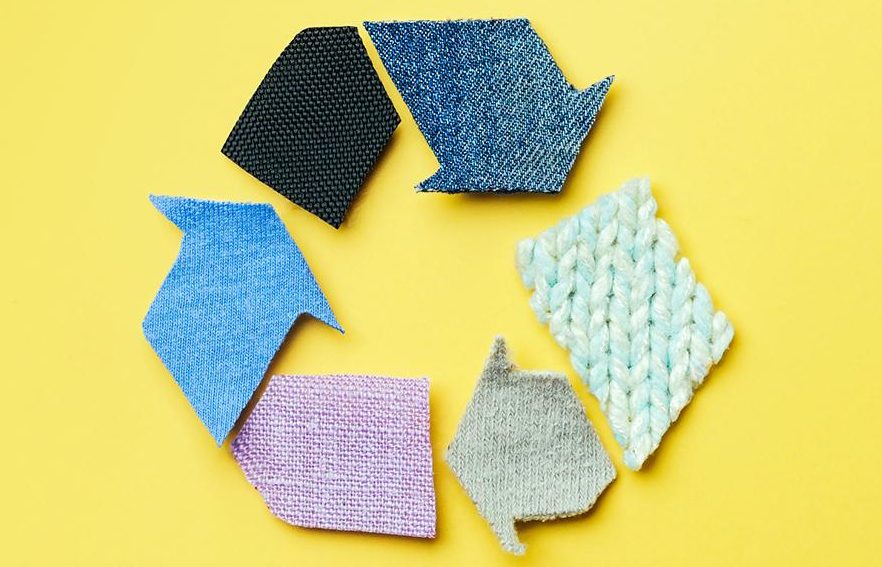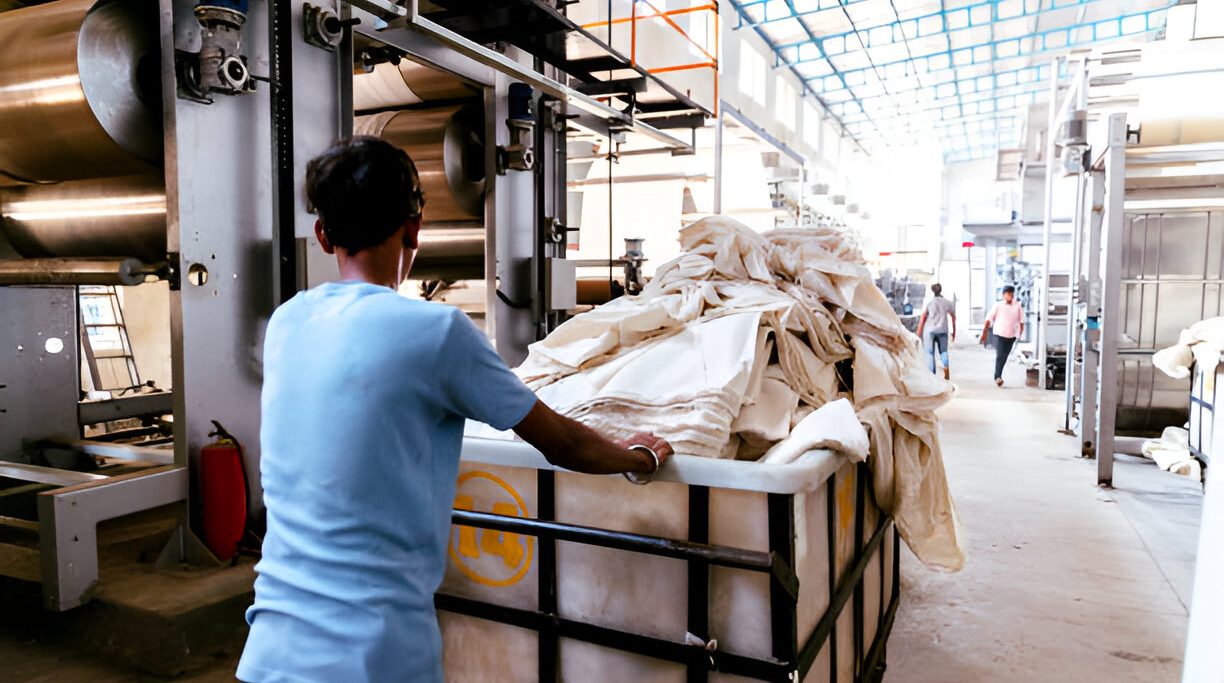With every forthcoming generation, the need for a more environmental friendly lifestyle has risen amongst citizens all over. People have been moving towards more sustainable means of living, with this trend affecting various facets of our life. Especially the clothing and fashion industry! This has led to terms like Sustainable fashion, Ethical Fashion, Fabric Recycling and Upcycling gaining tremendous attraction. But what exactly do they mean and how do they contribute to a more eco conscious lifestyle?
Although there is no set definition to what Sustainable Fashion means, it is usually referred to the process of manufacturing and designing clothes in a more durable and environmentally friendly manner. A closely associated but slightly different term is Ethical Fashion, which refers to clothing that’s made in a way that values social welfare and worker rights.
Sustainable Fashion has several layers to it. Following environmental friendly fashion practises can differ in approach from a manufacturer to a consumer. One very crucial approach in the manufacturing stage is that of Textile Recycling. As the name denotes, this is the process by which old clothes are recovered for reuse. Textile recycling is different from upcycling in the sense that upcycling usually means to re-use whole pieces of clothing while recycling is breaking down existing fabrics to create a new one.
Fabrics for textile recycling is majorly acquired from two sources. One is Post-consumer which includes garments, upholstery and other household fabrics that have been used and are ready to be disposed off. The second Pre-consumer method is about collecting scrap created as a by-product from fabric manufacturers and also scrap textiles that are collected from other manufacturing industries.
Pre consumer recycling is an important means of following sustainable fashion because of the large scale impact it can create in terms of waste management. The process of recycling the said fabric wastes differs based on the type of fabrics. For most natural textiles, the unwearable material is first sorted based on its colour, thus ensuring that the process of re-dyeing is avoided to further save energy. After they are sorted, they are shredded into yarns whilst sometimes inducing other fabrics into them. The yarn is then cleaned and mixed through a carding process before it’s respun and ready for further use in knitting.
If not yarns then the fibres are also used as fillings in making mattresses and pillows. The recycling process for Polyester based textiles differs slightly. Shredded garments are granulated into polyester chips that are subsequently melted to create new fibres. These Produced wastes are also sent to retail markets where waste clothes can be utilised as cleaning clothes.
Fashion Manufacturers have been consciously moving towards more and more sustainable modes of production and manufacturing. The one ideology that we at Cotton Monk have strictly followed through the years is our contribution towards a more eco-friendly tomorrow. We strongly believe in reusing as much and reducing our carbon footprints. Our processes are checked time and again to ensure minimum waste production.
Not only do we support the above strategies that increase a company’s practise of more sustainable production and consumption patterns but also encourage all our employees, dealers and partners to follow the golden rule of Recycling, Reusing and Reducing.
This need to be more eco conscious increased in the customers with the pandemic scare. According to the Spring US Coronavirus Response Survey by Cotton Incorporated, people want to make more sustainable and environmentally friendly choices. As per the survey, In an effort to contribute towards protecting our planet, about 35% of shoppers have shifted to sustainable fashion and about 55% consumers have been influenced by eco-conscious choices while making their purchases.
Although Fast Fashion is more quick moving and appealing, it is supremely harmful in the long run. Especially in a country like India, which is a production based country, not adapting to more sustainable means of fashion can prove to be toxic given the amount of energy waste and pollutants that are released in the process. Although conscious fashion is being widely adapted in the Western Countries, India, given our vast scale of production, might still need some time to accept and adapt to such means.
The alarming need to be more environmentally conscious only means that we stop looking at sustainable fashion as a mere trend and start looking at it more as the need of the hour. With several manufacturers adapting to more sustainable modes of production across the world, we are proud to be one among them. But this journey towards more conscious fashion will remain incomplete without everybody’s contribution. As a consumer, one can help create a massive difference by choosing brands that are more durable and that demonstrate a commitment towards more sustainable means of production. Taking care of our environment is a collective responsibility that can see success only if all of us make more conscious decisions.



